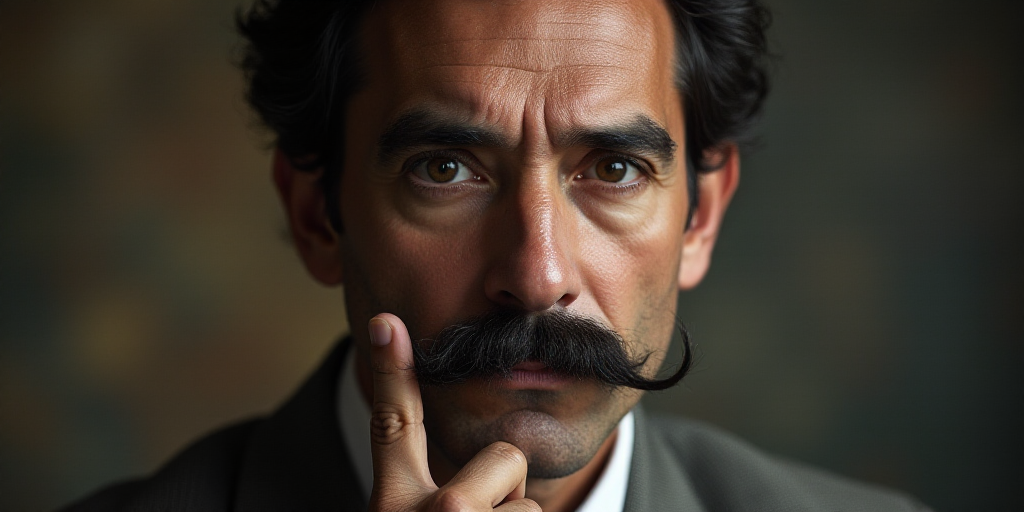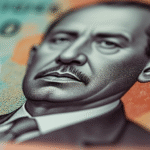Early Life and Political Beginnings
José “Pepe” Mujica, the ex-guerrilla, prisoner, and later president of Uruguay, is remembered for his unpretentious demeanor and progressive reforms that earned him numerous accolades both domestically and internationally. Born in 1935, Mujica experienced a challenging childhood after his father’s death. He helped his mother maintain their small farm, cultivating flowers, vegetables, and raising chickens and cows. This upbringing, which he described as “dignified poverty,” shaped his worldview and commitment to social justice.
Involvement with the Tupamaros
As a young adult, Mujica became involved in Uruguay’s political left, which was weak and fragmented. He began his political career in the progressive wing of the centrist Partido Nacional. Later, he joined the Movimiento de Liberación Nacional Tupamaros, a guerrilla movement that sought to weaken the conservative Uruguayan government through robberies, political kidnappings, and attacks.
Mujica acknowledged his involvement in violent confrontations with law enforcement but claimed never to have taken a life. He spent nearly 15 years in prison, much of it in solitary confinement, enduring harsh conditions such as living on the floor of an old horse trough. Despite these challenges, Mujica remained resilient and maintained a sense of humor.
Return to Politics and Presidency
When democracy was restored in Uruguay in 1985, Mujica was released from prison and returned to politics. He gradually became a prominent figure on the left, eventually serving as Minister of Agriculture in the center-left coalition led by Tabaré Vázquez from 2015 to 2020.
Mujica’s political base was on the left, but he maintained open dialogue with centrist opponents. He famously invited them to traditional barbecues at his home, fostering a spirit of cooperation and understanding.
Presidential Term and Progressive Reforms
Mujica served as president from 2010 to 2015, advocating for progressive reforms that earned him international acclaim. He adopted a liberal stance on civil liberties, signing laws that legalized same-sex marriage, early-term abortions, and the regulated sale of marijuana. These measures were groundbreaking in a predominantly Catholic Latin America and around the world.
Mujica’s modest lifestyle, refusal to move into the presidential residence, and preference for driving a rusted VW Beetle endeared him to many Uruguayans. His genuine connection with people, heartfelt speeches, and distinctive laugh made him a beloved figure in Uruguayan politics.
Personal Life and Legacy
Mujica’s long-term partner was ex-senator Lucía Topolansky, with whom he shared a relationship during his time with the Tupamaros. They married in 2005 and had no children.
After leaving office, Mujica remained politically active and attended the presidential inaugurations of Latin American leaders. His humble nature, practical approach, and unwavering commitment to social justice left a lasting impact on Uruguay and the broader international community.
Key Questions and Answers
- Who was José “Pepe” Mujica? José “Pepe” Mujica was an ex-guerrilla, prisoner, and president of Uruguay known for his humble demeanor and progressive reforms.
- What was Mujica’s background? Born into a poor family, Mujica experienced a challenging childhood and helped his mother maintain their small farm. This upbringing instilled in him a commitment to social justice.
- How did Mujica become involved in politics? Mujica began his political career in the progressive wing of the centrist Partido Nacional. He later joined the Tupamaros, a guerrilla movement seeking to weaken the conservative Uruguayan government.
- What were Mujica’s achievements as president? As president, Mujica implemented progressive reforms, including legalizing same-sex marriage, early-term abortions, and the regulated sale of marijuana. His modest lifestyle and genuine connection with people endeared him to many Uruguayans.
- What was Mujica’s legacy? Mujica’s commitment to social justice, progressive reforms, and humble nature left a lasting impact on Uruguay and the international community.






